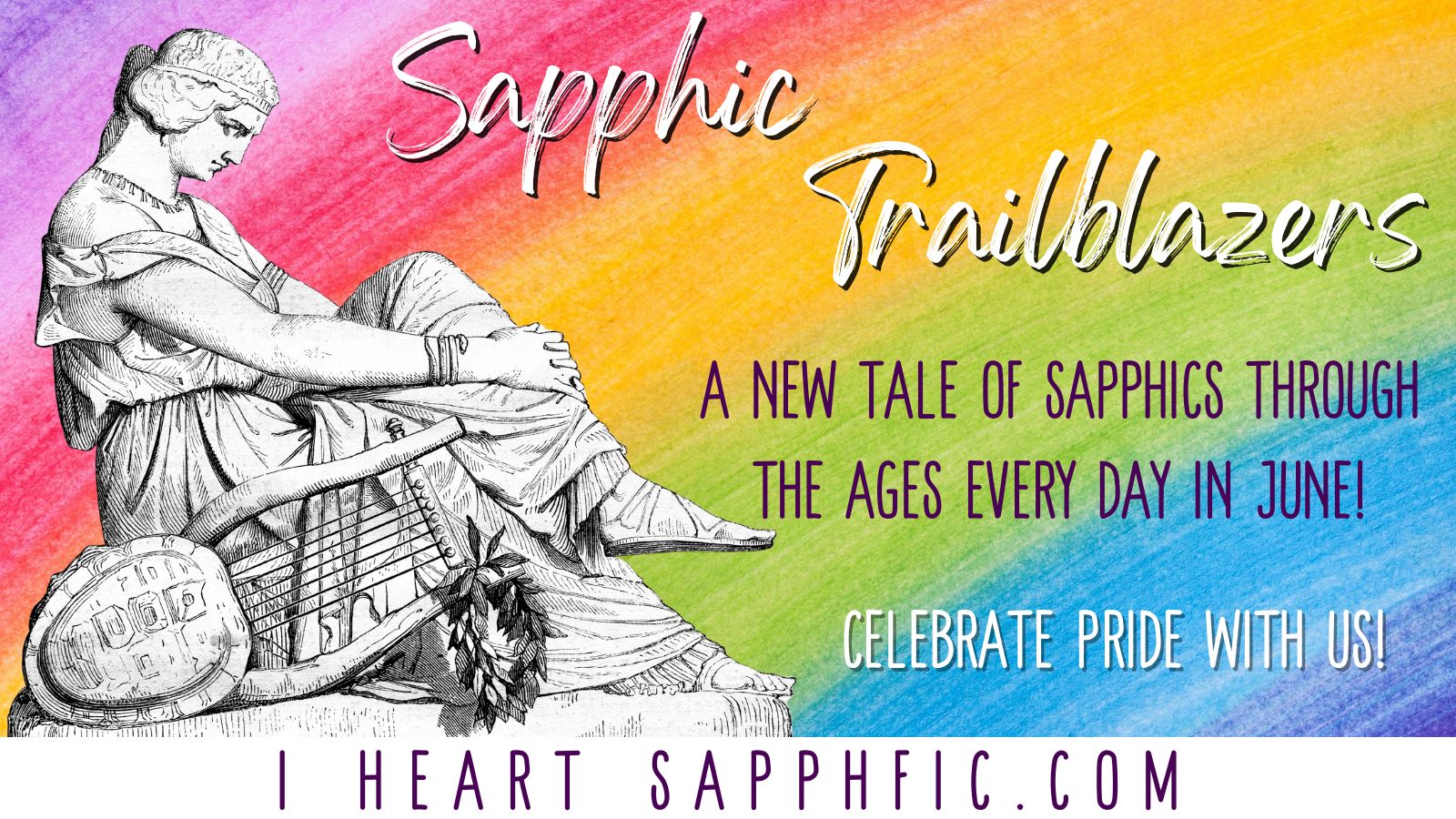
Beth Brant: A Trailblazer in Indigenous Literature and Activism
Beth Brant (May 6, 1941-August 6, 2015) was a Mohawk activist, writer, essayist, and poet of the Mohawks of the Bay of Quinte First Nation from the Tyendinaga Mohawk Territory in Ontario, Canada. She left an indelible mark on the world through her literary works and tireless activism. As a trailblazer for Indigenous literature, she broke barriers and inspired generations of writers and activists to follow in her footsteps.
Join us as we will delve into the life, work, and impact of this incredible figure in LGBTQ+ history.
Beth Brant’s Early Life and Cultural Background
Beth Brant was born on May 6, 1941 in Detroit, Michigan. She didn’t grow up on the reservation, but she never lost sight of her Tyendinaga Mohawk heritage. It greatly influenced her cultural identity and creative expressions. Despite facing numerous challenges in her early life, including poverty and discrimination, Brant remained deeply connected to her roots.
Her paternal grandparents, along with their nine children, relocated to the Detroit area, seeking more opportunities away from the reservation. Her parents, Joseph and Hazel Brant, raised their children, including Beth, in her paternal grandparent’s home in Detroit.
When she was 17, Beth Brant married a man. It wasn’t a happy marriage and in 1973, after being married for fourteen years, Brant left her husband. She became active in the feminist community and proclaimed she was a lesbian. After the divorce, Brandt worked many jobs, including being a waitress, cleaner, working a soda fountain, and salesclerk.
In 1976, she met Denise Dorsz.
During a trip through the Tyendinaga Mohawk Territory with Dorsz, Brant had a spiritual experience with an eagle, encouraging her to write.
She used her life experiences as inspiration for her writing.
Literary Works and Achievements
Beth Brant’s literary career began in the early 1980s, with her first work, A Gathering of Spirit, published in 1984. This groundbreaking collection of writings by Indigenous women from North America was the first of its kind. It played a pivotal role in paving the way for future generations of Indigenous authors. Some of her other notable works include Food and Spirits (1991), Writing as Witness (1994), and I’ll Sing ‘Til the Day I Die (1995).
Brant’s writing blended traditional Mohawk oral narratives with contemporary themes to create powerful storytelling. She tackled issues of colonization, racism, sexism, and homophobia, often drawing upon her own experiences as a lesbian woman of color. Her work has been praised for its honesty, authenticity, and ability to bridge the gap between Indigenous and non-Indigenous readers.
Political Activism and Impact
In addition to her literary accomplishments, Beth Brant was also an ardent activist for Indigenous rights, LGBTQ+ rights, and social justice. She was deeply involved in grassroots organizations and community initiatives throughout her life.
Brant’s activism and writing went hand in hand. She used her platform to raise awareness about the struggles faced by Indigenous peoples and to advocate for change. Her work has inspired countless others to join the fight for social justice and to use their voices to make a difference.
Some Interesting Facts
- Beth Brant was a self-taught writer who did not attend college or university. Despite this, her work has been widely studied in academic institutions. It has had a profound impact on the field of Indigenous literature.
- As a child, Brant attended a Catholic boarding school where she experienced racism and discrimination. These experiences would later serve as inspiration for her writing and activism.
- Brant was a mother of three children and a grandmother, roles that she cherished deeply. Her love for her family and community was evident in her writing. She often explored themes of family, kinship, and belonging.
Celebrating the Life and Legacy of Beth Brant
Beth Brant’s life and work serve as powerful reminders of the resilience, strength, and creativity of Indigenous peoples. Her contributions to literature and activism have left a lasting legacy that continues to inspire and educate. We encourage you to learn more about Beth Brant, read her works, and explore the world of Indigenous literature. In doing so, you will not only gain a deeper understanding of the rich cultural heritage of Indigenous peoples but also contribute to the ongoing fight for social justice and equality.


























